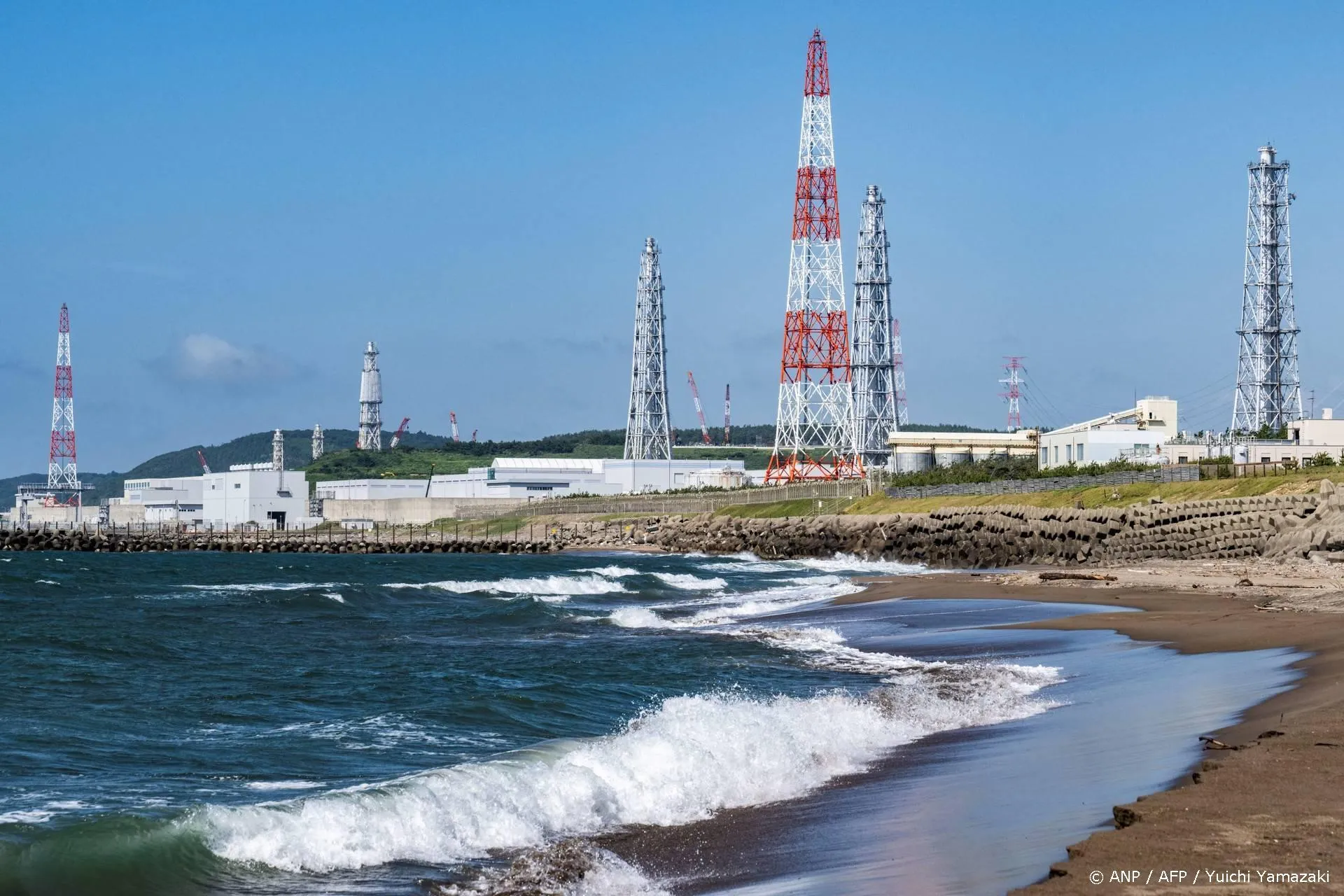David Cameron gooit zijn gewicht achter schaliegas
Tot op heden heeft David Cameron zijn ministers ogenschijnlijk ongemoeid laten ruziën over schaliegas en zich afzijdig gehouden. Nu stort hij zich zelf in de strijd.
Onder de titel, 'There's no room for wind farms but plenty for fracking, says PM', schreef Peter Dominiczak in de Britse Telegraph:
There will not be a lot more onshore wind turbines in the UK, David Cameron has said, as he signalled that hundreds of gas fracking wells could be drilled across the country.
In comments that will delight rural communities opposed to wind farms, the Prime Minister said that there is a limited potential for onshore wind in the UK. Mr Cameron instead said that he wants the UK to focus on shale gas exploration, nuclear power and offshore wind.
With anti-fracking protests continuing in parts of the countryside, the Prime Minister said he wanted to dispel myths about the controversial technique and said that there is no question of having earthquakes and fire coming out of taps.
He warned that Britain is missing out big time and that energy bills could come down if the UK embraces shale gas exploration.
Mr Camerons robust comments on the future of onshore wind farms appear to signal a shift in Government policy that could prompt a major dispute with the Liberal Democrats. Ed Davey, the Lib Dem Energy Secretary last year clashed with former energy minister John Hayes after the Conservative warned that enough is enoughover wind farms. Mr Hayes was rebuked by Mr Davey and the Prime Minister was forced to distance himself from the comments, telling the Commons that there had been no change in Government policy. However, speaking to workers at the Crown Paints factory in Lancashire, Mr Cameron suggested that he does not want to see large numbers of wind farms built in the British countryside. Theres a limited potential for onshore wind, Mr Cameron said. Frankly, weve got some in the UK - I dont think were going to have a huge amount more. ...
The Prime Minister gave his strongest backing yet to fracking, saying that the UK would be making a mistake if it does not encourage shale gas exploration. ...
[ ] polling by the University of Nottingham found that fracking has become more popular despite the ongoing controversy. The survey found that 58 per cent of people think fracking should be allowed, up from 53 per cent last year.
Lees verder hier.
Maar er zijn ook beren op de weg. Onder de titel: 'Is the EU stopping Britains shale revolution?', schreef James Forsyte in 'The Spectator':
But shale still has its opponents. Some are motivated by environmental concerns. Others are worried about the impact on the appearance of the countryside. There is, moreover, a predictable European Union dimension to this fight. Various environmental non-governmental organisations are trying to use the European Union to stop fracking. In a position paper put out last year, they declared that the development of unconventional gas within the EU runs counter to EU treaty obligations. Such a position seems absurd. EU member states have always had very different attitudes to the production of energy. France is proud of its expertise in nuclear energy while in Germany it is a political no-no.
Alarmingly, however, these NGOs are treated with great deference in Europe. Take the European Environmental Bureau, which supported last years anti-fracking position paper. In a memo to the Lithuanian presidency of the European Union it argued, in typically bureaucratic prose, that, based on the EUs precautionary principle, for member states where shale-gas exploitation is not banned, ensure that those projects have to undergo an EIA [Environmental Impact Assessment] taking into account the still limited knowledge on this technique and the high risk level associated. The bureau is also pushing for the environmental impact assessment directive to be made far stricter and to take into account climate change. If the bureau got its way, shale gas exploration in Britain and other EU states would be caught up in years of red tape. ...
It has become a cliché to say that Britain is a poorer country since the crash. But shale offers a chance for Britain to become richer. We are sitting on a reserve of energy, and money, that we did not know we had. If we end up not exploiting that, it will reveal a system of governance so dysfunctional that it can look a gift horse in the mouth.
Lees verder hier.
Zou Nederland nog iets kunnen leren van onze Britse vrienden?
Voor mijn eerdere DDS-bijdragen, zie hier.
Ga verder met lezen
Dit vind je misschien ook leuk
Laat mensen jouw mening weten
Lees ook
Loading


